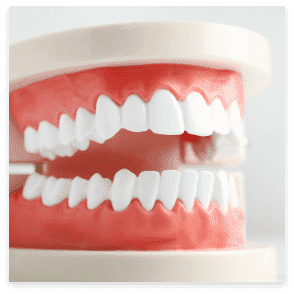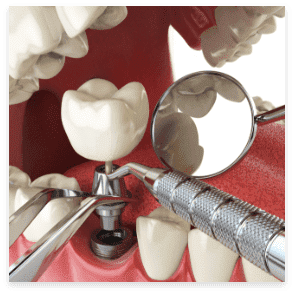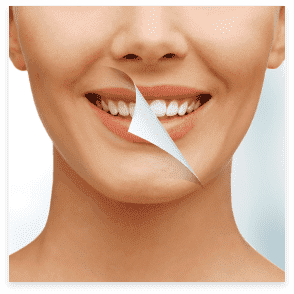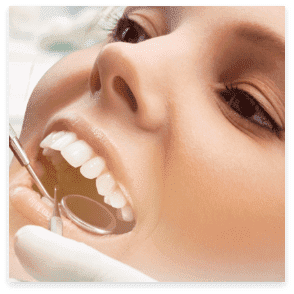Do You Have A Sugar Addiction?
As a dental office in Spring Hill, Florida, we see a lot of tooth damage as the direct result of sugar consumption. We get it. Sugary foods are delicious! You’re not alone. Sugar has been the most significant agricultural crop in western civilization. It is so readily available, that it even exists in things that don’t even need it, like pizza! Unfortunately, society has become dependent on the stuff. So, where do you draw the line between what’s normal sugar intake and a sugar addiction?
What Exactly Is A Sugar Addiction?
Over 75% of Americans consume sugar over the excessive level of normal intake and several studies have shown that sugar can be just as addictive as cocaine. Many dentists don’t like the term “addiction” as they don’t believe a dependence on sugar exists like it does for other addictive substances. However, researchers have shown there is a real dependence on sugar in laboratory rats and withdrawl symptoms can be just as bad as a withdrawl from alcohol or opiates. Sugar addiction is indeed a real concern and one may really want to ask themselves – am I dependent on sugar?
What Are The Symptoms Of Sugar Addiction?
As many have heard before, one of the first steps to getting rid of an addiction is to first admit you have a problem. Most people don’t consider sugar to be addictive and may not even be aware there is an issue. Society has normalized eating sugar so much, that no one even pays attention to it. However, see if you can recognize some of these signs of sugar addiction in you.
- You might change your schedule to eat sugary foods. A change like this might look like adding a donut to your coffee break or grabbing a candy bar from the vending machine every time you leave work. Going out of your way to add a sugary food to your routine might indicate a sense of dependency.
- Do you try to rationalize your sugar consumption? Do you say things like “It’s just one more cookie.” or “It’s been a rough day. I totally deserve this treat.” Statements like these are possible signs of a sugar addiction, especially when you make an attempt to turn it into a logical choice.
- Have you ever started out eating just one treat and then end up eating an entire bag of treats? This is fairly common and can be disguised as innocently binge eating in front of the TV. When binge eating becomes a mindless activity, it might be because there is a dependence.
- Do you get uptight when you don’t have your regular sugary foods? When we start to get cranky because we don’t get to have that sugary treat when we normally do is a sure sign there could be an addiction.
If any of these behaviors ring true for you, you quite possibly could be developing a sugar addiction. In addition to causing cavities and leading to tooth loss, over consumption of sugar can have severe effects on your entire body.

What Are The Effects Of A Sugar Addiction On Your Teeth?
Processed sugar is bad for the teeth. Plain and simple. While many of us know this, we don’t always know why or how. In every person’s mouth, there is bacteria that consumes leftover particles of food from meals. They could be bread or meat particles or even tiny bits of sugar. If you don’t brush or floss after every meal, these particles are stuck to your teeth and the bacteria are drawn to them and start digesting them right there on your teeth.
However, the bacteria excrete an acid as they disgest the particles on your teeth. If left alone, this acid begins to attack the enamel of the tooth eventually causing holes in them. These holes are what we know as cavities. The bacteria are very fond of sugar. So the more sugar you consume, the bacteria rapidly multiply. This produces more acid and more cavities, possibly leading to peridontal disease. Obviously, proper brushing techniques can help to prevent the problem. However, you may still consider lowering your sugar intake.
How Do I Reduce A Sugar Addiction?
If you feel you are dependent on sugar, quitting cold turkey can be a drastic change. Unfortunately, not many of us have that kind of willpower. However, there are a few things you can try at home that can help wean yourself off sugar slowly.
Start Reading Nutrition Labels
One of the best ways to reduce sugar intake is to start reading the ingredients in the things you eat. Knowing which foods have sugar or not will help you start to make wise choices. In addition, labels can tell you how much sugar is in something. When you see sugar quantities of ten or twenty grams, you might want to consider those foods to avoid.
Don’t Buy Huge Bags
When you start reading nutrition labels, notice the serving size or the number of servings in a bag. If you pay attention, these aren’t for people trying to lose weight and in fact, can be misleading. It is simply a way for food manufacturers to document recommended nutritional values and can be skewed to be small numbers when referring to sugar quantities. When you get a big bag, it is easy to go through the whole bag and ignore the serving size because the amount of sugar listed is small. Binging like this will only add to your dependence.
Take Care Of Your Teeth And Be Careful About Sugar Addiction
We need our teeth for speaking properly, good facial symetry and of course, eating. They are with us for life and it is important to take care of them. Cavities don’t happen overnight. They take years to develop. Long term sugar dependency is a slow and subtle threat. We don’t feel the bacteria eating away at our enamel, but if we don’t take proper care to protect our teeth, we can develop cavities quickly.
Regular brushing and routine checkups can help. If you have questions about your sugar intake, please call The Dental and Denture Care Center at (352) 848-1050 or contact us through our website here to ask your questions or to set up an exam. Our team of dental experts are here to give you the best smile of your life and we are here to help.










